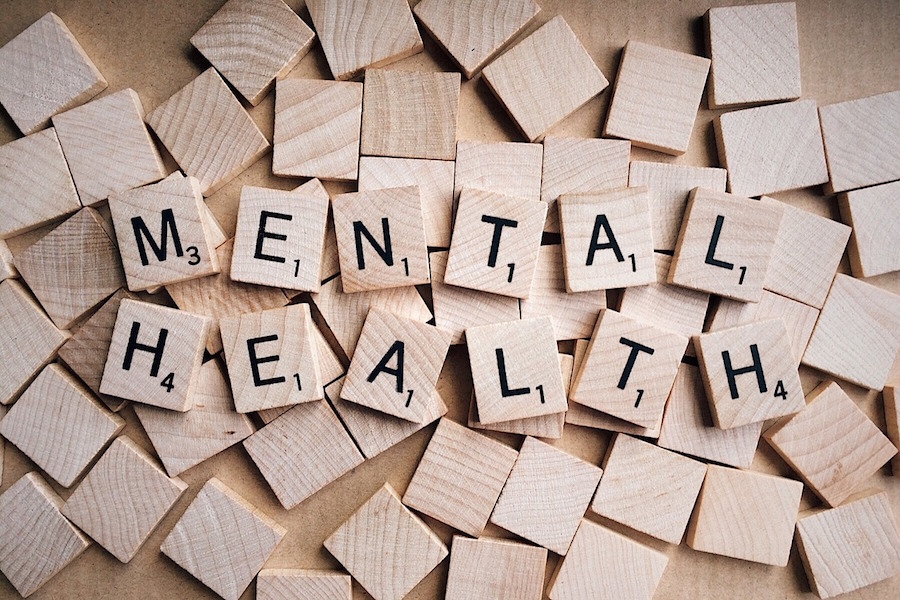A report released by Multnomah County today ranked the mental health system high on data-sharing and cultural responsiveness, and low on coordination and transparency.
Human Services Research Institute, the Tualatin-based nonprofit contracted to write the report, spent one year interviewing 139 stakeholders, conducting feedback sessions and pouring through budget data from the county’s Mental Health and Addictions Service Division (MHASD) and Health Department.
MHASD spends about $93.4 million on services, about half of which goes to residential, outpatient and crisis services. Medicaid funds 56% of services. The rest comes from county and state funds.
Here are some of the key findings:
The Good: Providers incorporate peer support from others suffering mental illness throughout the system. Interviewees praised the county’s commitment to culturally responsive services. When it comes to data sharing between providers, Multnomah County is ahead of the nation. Providers make an effort to place patients in less restrictive settings whenever possible. Some stakeholders commented that after a DOJ investigation of a 2012 Portland police shooting, the bureau went through a positive culture change.
The Bad: Interviewees’ metaphors for the Byzantine network of providers ranged from a “maze” to a “locked door” to a “flow chart.” Providers described themselves as “frenemies” who were “stuck in vendor relationships.” They compete with each other for service contracts, making true collaboration impossible.
People with physical disabilities struggle to get to care—some facilities lack transit service or wheelchair accessibility. Patients on medicare are sometimes pooled with uninsured clients, restricting their access to funds. Short-term housing and other solutions to homelessness don’t offer enough mental health services.
Oregon’s Coordinated Care Organizations were formed with the hope of gathering physical, mental and dental services under one umbrella. In reality, these services are still managed separately. One interviewee described the CCO model as a “brilliant idea that hasn’t been realized.”
Related Story: Mental Math: Statewide fixes to Oregon’s mental healthcare system move forward, but not fast enough
The Ugly: Many people with mental health needs still get their treatment in jail. Worse, a 2015 analysis of those jailed revealed racial disparities: More black people with mental health issues end up in jail than white people. The report also noted that the workforce at intensive care settings, like Unity Behavioral Center and local ERs, lacks diversity.
Possible solutions: The report proposed three key fixes. First, keep talking to patients and families to establish a shared vision for a future mental health system. Second, fund a position at MHASD with a title similar to “Director of the Office of Consumer Engagement,” someone with firsthand experience of the system to guide patients. Finally, streamline the data on funding and services.
Read the full report here. The report was released as a draft so community members can submit corrections before the document is finalized in mid-July.
To subscribe to Oregon Business, click here.





